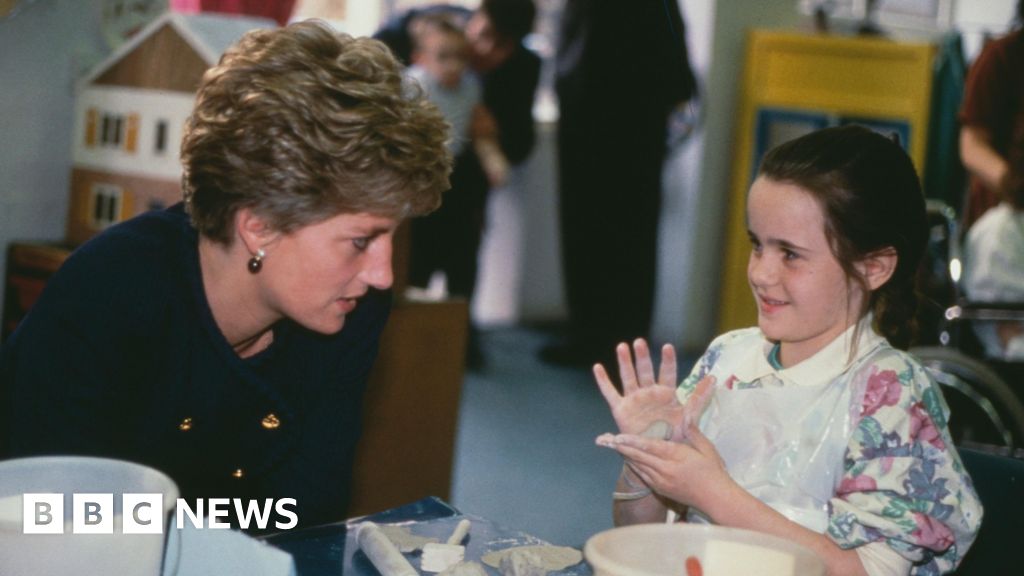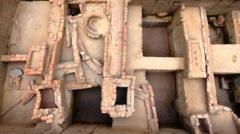Daniel and Victoria Van Beuningen’s quiet villa in Wroclaw, Poland, holds a complex history tied to World War II, having transitioned from German ownership to Polish territory. When they moved in, they were unaware of the tragic events that had unfolded in their new home during the war, including the expulsion of Germans from the region. Their curiosity led them to the Meinecke family, former residents of the villa, who shared photographs of a vibrant past but also warned that the garden might contain the remains of fallen German soldiers.
Initially skeptical, their suspicions were confirmed when Daniel found a Nazi-era helmet digging in the yard, and an archaeologist later appeared with information about a “war cemetery” located at their address. Faced with this revelation, the Van Beuningens felt compelled to investigate further, highlighting the broader theme of how Germany grapples with its Nazi past.
As historical fascism increasingly shadows contemporary politics, particularly with the rise of right-wing sentiments across Europe, this discovery symbolizes the challenging narrative of remembrance and accountability. The couple’s journey serves to illustrate the complex and often uncomfortable reconciliation efforts taking place within societies still influenced by past atrocities.





















